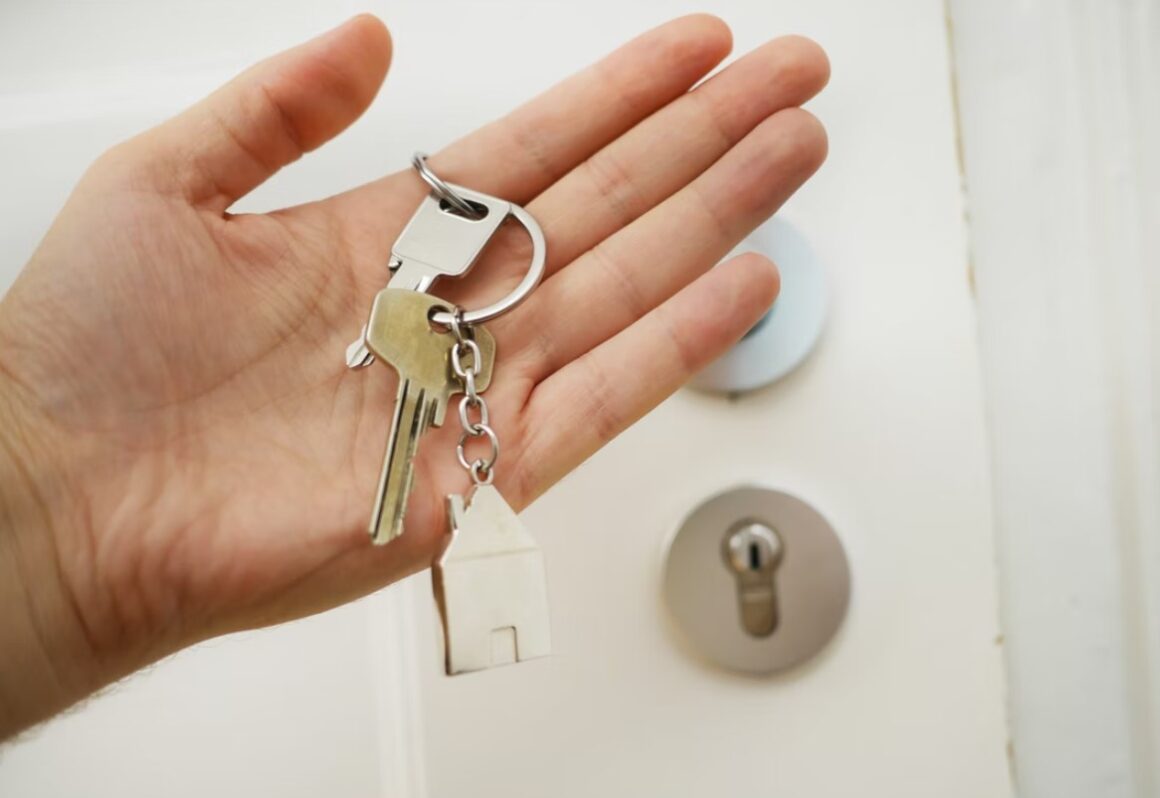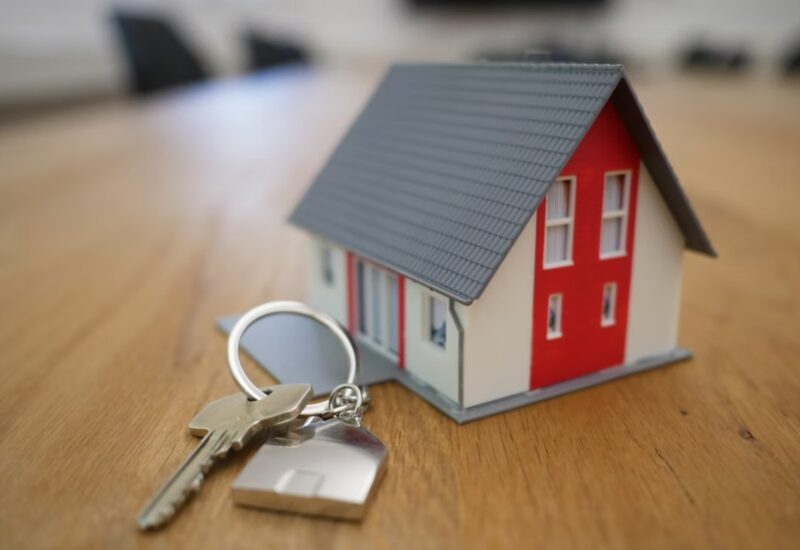A freehold property can be defined as follows:
A ‘ freehold property’ can be defined as when the owner owns the building and the land the property stands alone on outright, This means the property is registered in your name by the Land Registry as the registered proprietor and you own the title absolute.
Owning a freehold property involves the follows:
1. There is no annual ground rent to pay
2. There is no freeholder either failing to maintain the building, or charging huge amounts for it
3. It is down to the owner to maintain the property from inside to outside.
There will be no limitations on what you can do with a freehold property (smoking, pets, building work) as there may be with a leasehold property. There is also no time limit to worry about – with a leasehold there can be a countdown to a possibly expensive renewal, or a fear of decreasing value as the lease runs out, whereas buying freehold is permanent.
How to buy a freehold property?

Buying a freehold property often seems easier, as you know exactly what you’re getting, there will not be anything to do further down the line (like renewing a lease) and you can be entirely responsible for your own property and what you do there. Ensure when you look at properties (particularly new builds or flats) you know that you are purchasing the freehold for the property.
The conveyancer is the legal expert, they are trained to do this. They are also providing you with a service. Trust their legal knowledge.
Our advice: use a conveyancer who is working for a reputable conveyancing firm as positive reviews always end with happy clients !
What is Stamp Duty?
Stamp duty land tax (SDLT) is a tax paid by the buyer of a UK residential property. Currently the stamp duty threshold is as follows: – Up until 30 June 2024, stamp duty is paid when the purchase price exceeds £500,000. On 1 July 2024, the threshold will reduce to £250,000 until 30 September 2024 and then from 1 October 2024, the threshold will revert to £125,000. The stamp duty rate ranges from 2% to 12% of the purchase price, depending upon the value of the property bought, the purchase date and whether you are a multiple home owner.
An individual purchasing an ‘additional’ residential property will be charged a 3% stamp duty surcharge on each of the threshold bands.
From 1st July 2024, first time buyers purchasing a property up to £500,000 will be eligible for discounted stamp duty rates.
Stamp Duty is an additional expenditure that you need to factor in whenever you are buying a new home in England. In addition to stamp duty, you also need to consider other expenditures like hiring professionals for house removals Paddington. Do not make the mistake of considering just the sale price of the house. There are several other costs that you will have to incur.
How will stamp duty affect me?

Currently first-time buyers will benefit from the temporary raised threshold, so they won’t pay any stamp duty tan on any properties under £500,000.00.
Buyers looking to purchase an additional property will have to pay an extra 3% more on stamp duty if the value of the property is £40,000 or more.
However, in the event you have not sold your home when you have completed your onward purchase, the additional rate of stamp duty of 3% will still be payable along with the remaining stamp duty land tax. However, if you sell your property within 36 months, then you claim back a stamp duty refund.
Many investors are purchasing properties throughout this stamp duty holiday as a means to saving on thousands of pounds however it is important to think carefully and do plenty of research if you’re considering purchasing property, looking at the housing market and your own personal circumstances before making a decision as to whether purchasing a property is financially viable to you.
Stamp Duty Extension
The stamp duty extension was a result of industry experts campaigning to extend the stamp duty deadline.
The stamp duty extension was introduced in July 2020, it was designed to boost the property market. This stamp duty extension meant a saving up to £15,000.000 for people buying homes.
The stamp duty extension has resulted in UK house prices increasing by 13.4% in the year to June, this was the fastest pace increase since November 2004.
The stamp duty extension has resulted in first time buyers being able not to pay any stamp duty on property purchases up to £500,000.00.
The stamp duty extension in its current format will end on 30th June 2024 and there has been a reduced threshold of £250,000 until the end of September 2024, after this dare the exemption will return to the old level of £125,000.
Is it time to scrap stamp duty?

Stamp duty has become a very popular topic and has divided opinions nationwide. Many experts believe that it deters people from moving, punishing workers for moving around the country, older people from downsizing and families from climbing up the housing ladder.
Essentially, the tax stifles movement in the market while making home ownership unobtainable for many. By permanently removing the tax, we’d see downsizers releasing sought-after property, plus huge amounts of equity that would likely go back into the economy too. This would stimulate market activity across the board, with more people moving up and down the property chain into properties right for their circumstances.
The stamp duty extension has effectively allowed more people to get onto the property ladder, and also allowed those who were considering renovating a house, to reinvest the savings made into their project.
Homeowners have saved a maximum of £15,000 through the stamp duty extension, and Rightmove have estimated that 1.3 million buyers have benefitted from tax savings since the holiday was announced.
Why Should You Take The Help of Property Solicitors?
Property solicitors are solicitors who are fully qualified individuals who can undertake the conveyancing process on the client’s behalf. However, their roles vary between England, Wales and Scotland. You can take the assistance of qualified York conveyancing solicitors such as AVRillo to help you with your property needs in the UK.
Many Scottish property solicitors are involved in the marketing of property as well as the legal process of transferring home ownership from one person to another.
Property solicitors also generally have wider training in other areas of the law.
Once a sale and purchase is agreed, the property solicitor has various stages whereby they undertake work in relation to each stage.
The best way to find the right solicitor for your purchase and sale is to shop around and compare conveyancing quotes.
There is no right or wrong choice when it comes to choosing property solicitors. It is very much a case of finding the right service provider for your needs.


